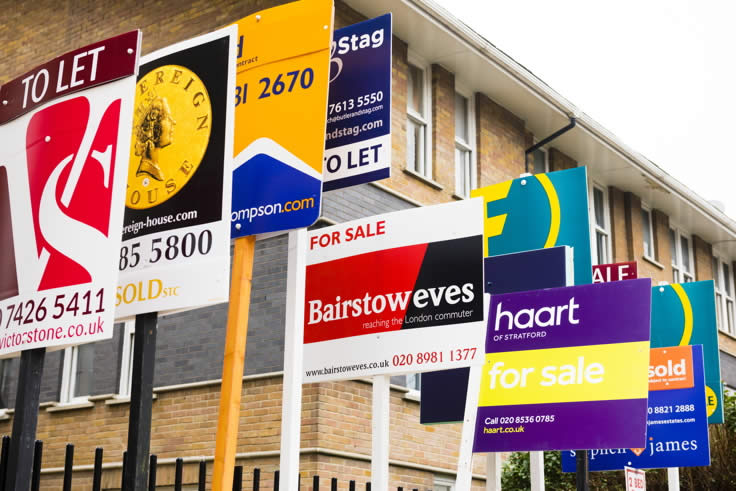Author: Richard Cunningham
If you are considering joining the 80,000 British home owners who currently rent part or all of their property through Airbnb, then you should consider some of the pitfalls before you take that step.
Aug 2016

Author: Richard Cunningham
If you are considering joining the 80,000 British home owners who currently rent part or all of their property through Airbnb, then you should consider some of the pitfalls before you take that step.
Planning
From 1973, the use of residential premises in Greater London as “temporary sleeping accommodation” (occupied by the same person for less than 22 consecutive nights) amounts to a material change in use from residential use and so would require planning permission. However, from 26th May 2015, an exemption was introduced under Section 44 of the Deregulation Act 2015: there is no requirement for planning permission if the property is let as temporary sleeping accommodation for up to 90 days each year so long as the person providing the accommodation was, throughout that period, liable to pay council tax in respect of it. The exemption does not apply to commercial premises, in respect of which business rates are payable. Landlords in London should ensure that the relevant local authority has not elected to exclude the effect of the new provisions.
Houses in Multiple Occupation (HMO's)
Properties occupied pursuant to short-term letting agreements are probably not HMOs because they are unlikely to be the occupier's only or main residence. Therefore, they will not be required to obtain a mandatory (Section 61) or additional (Section 56) licence. However, they may need to obtain a selective licence (Section 80) depending on whether the area is designated as a selective licensing area and this should be checked with the local authority.
Risks
There are risks associated with letting your property as an Airbnb:
- any mortgage secured against the property should be a buy-to-let product and not a residential mortgage.
- Where there is a covenant to use the property only as a dwellinghouse, arguably short term lets of the Airbnb sort - often being more like hotel or hostel accommodation - may breach such a covenant.
- All occupiers (whether owners or tenants) may find that their contents and/or buildings insurance will not settle any claim where the property is occupied under AirBnB style lettings. If there is a mortgage secured against the property the potential invalidation of the buildings insurance cover is likely to also be a breach of the mortgage conditions.
For further advice about the implications of renting out your property through Airbnb contact Richard Cunningham - [email protected].




.jpg)




